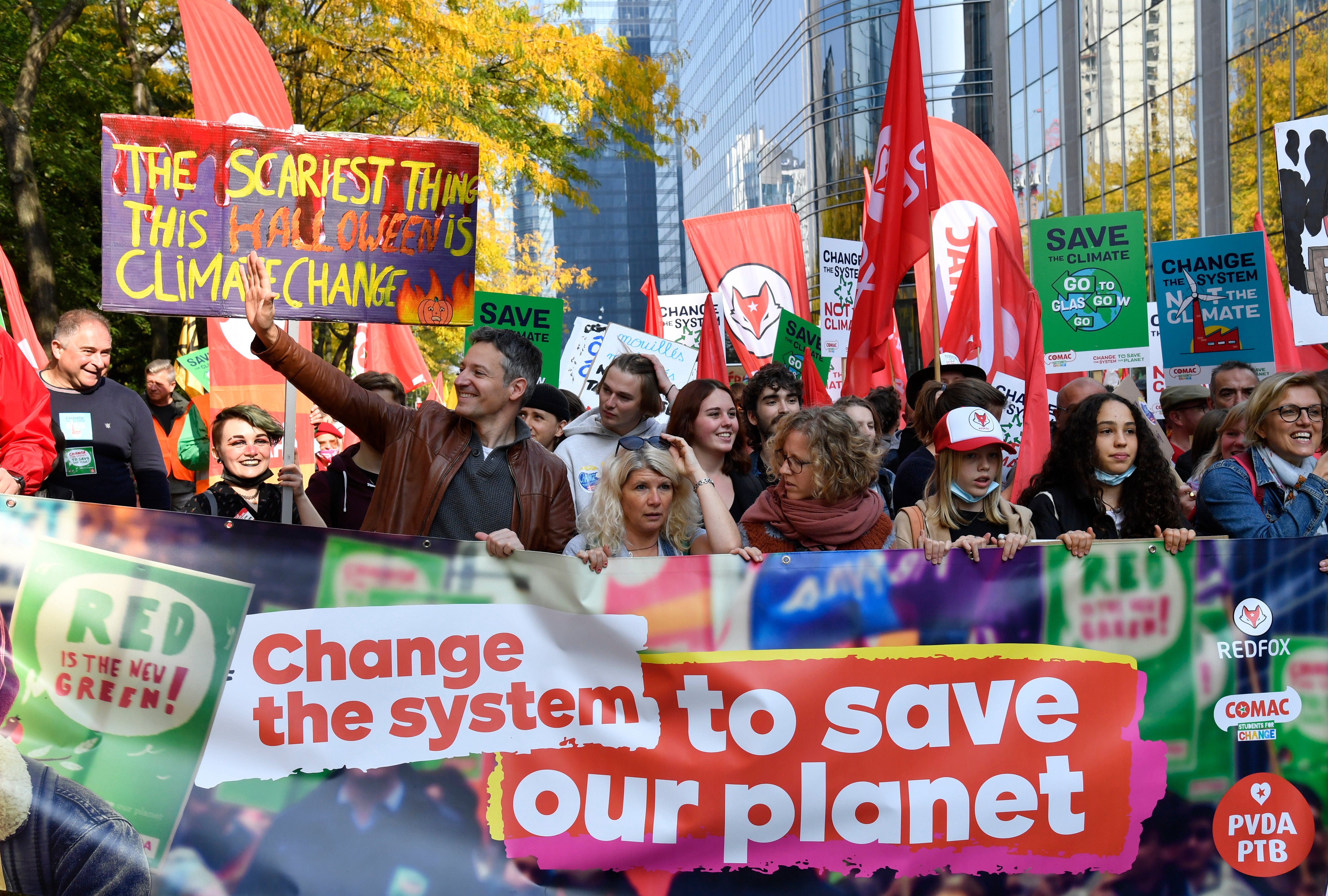Tackling climate change could save the NHS £17 billion, say experts
Introducing cleaner policies will not only help save the planet but reduce avoidable deaths and costs to the NHS say experts

Your support helps us to tell the story
From reproductive rights to climate change to Big Tech, The Independent is on the ground when the story is developing. Whether it's investigating the financials of Elon Musk's pro-Trump PAC or producing our latest documentary, 'The A Word', which shines a light on the American women fighting for reproductive rights, we know how important it is to parse out the facts from the messaging.
At such a critical moment in US history, we need reporters on the ground. Your donation allows us to keep sending journalists to speak to both sides of the story.
The Independent is trusted by Americans across the entire political spectrum. And unlike many other quality news outlets, we choose not to lock Americans out of our reporting and analysis with paywalls. We believe quality journalism should be available to everyone, paid for by those who can afford it.
Your support makes all the difference.Tackling the effects of climate change with new green policies such as reducing meat consumption and getting people to walk more could prevent tens of thousands of deaths and save the NHS £17 billion over 20 years.
A new report by the Academy of Medical Sciences and the Royal Society has modelled some of the health benefits to the UK from becoming greener which would both help save the planet and improve lives and overall health.
They say their report should inspire the government to push for ambitious climate targets at the forthcoming Cop26 gathering of global leaders in Glasgow at the end of this month.
Among their key findings, the experts say replacing half of UK meat and dairy food consumption with fruit, vegetables and cereals would mean avoiding 37,000 deaths a year from heart disease, stroke and diet related cancers.
The NHS could save £17 billion over 20 years if city residents in England and Wales walked an average of 1km more and cycled an average of 3km further each day. They said the number of patients suffering heart disease, strokes and diabetes due to inactivity would be dramatically reduced.
This would alleviate pressure on the healthcare system, saving it the projected £17 billion, while also reducing pollution levels as more people opt to walk instead of drive.
The report also gives the example of reducing deaths from air pollution, which currently causes up to 36,000 premature deaths a year, as a health issue which would benefit from less burning of fossil fuels.
Better insulating in homes would also prevent deaths linked to low temperatures - which account for up to 50,000 fatalities a year, the authors said.
Professor Joanna Haigh told a press briefing on Wednesday she hoped the report she co-chaired would provide "significant motivation for government action on climate change".
Prof Haigh said: "The presidency of Cop26 provides a massive opportunity for the UK not only to stimulate action on climate change but to provide measurable improvements in public health.
"The health benefits outlined in our report should provide significant motivation for Government action on climate change, and such incentives also have the potential to increase public support for the policies and enhance public action on climate change.
"A further incentive is provided by the cost savings resulting from improvements in the health of the population.
"These can go a considerable way to offsetting the costs of mitigation."
Director of the Centre for Climate Change and Social Transformations at the University of Bath, Professor Lorraine Whitmarsh, added that "social change" is also needed.
She told the press conference: "We need significant behaviour change, we need social change, and that's one of the themes in our report.
"Having a recognition that we need to bring people with us, that this is going to involve significant behaviour change.
"While some of this is known I don't think it is filtering through to some of the highest levels of policy-making.
"That's one of the things that would be great to see highlighted in Cop26."
Professor Sir Andy Haines, who also co-chaired the report, said tackling climate change is likely to reduce health inequalities.
He said: "Our report gives many 'win-win' examples of actions that would have a positive impact on health and the climate.
"Many of the measures, such as improved public transport access and energy efficient housing, could also help decrease health inequalities."
Join our commenting forum
Join thought-provoking conversations, follow other Independent readers and see their replies
Comments